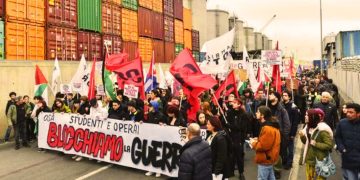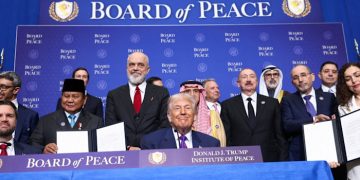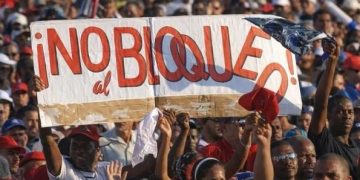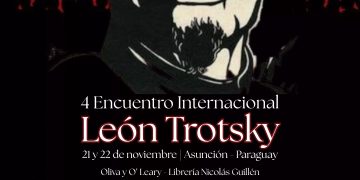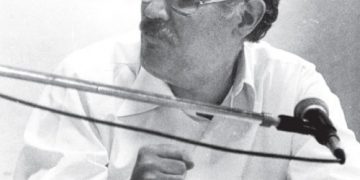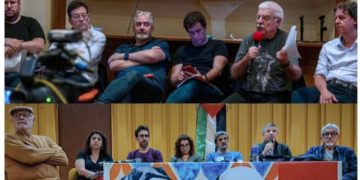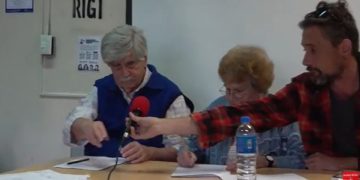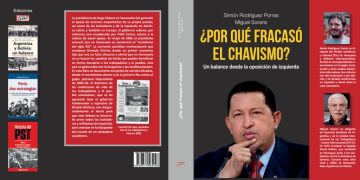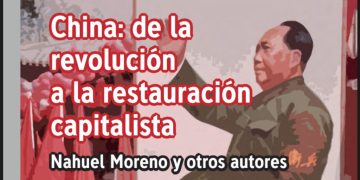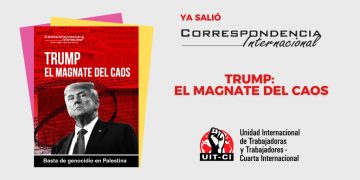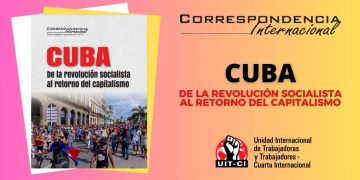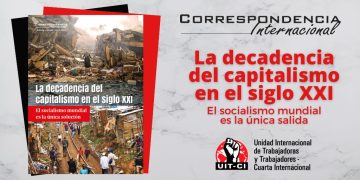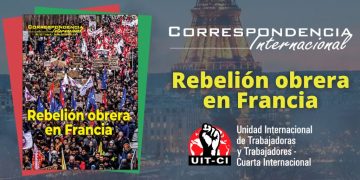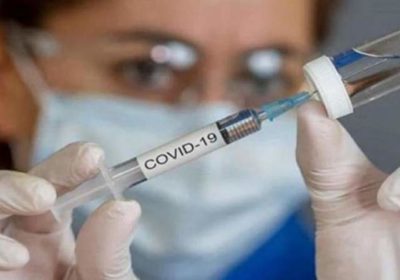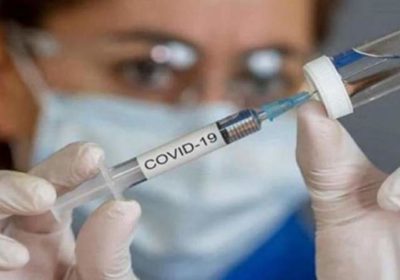 MD Reynaldo Saccone, former president of the Cicop. A member of Izquierda Socialista (Argentina)
MD Reynaldo Saccone, former president of the Cicop. A member of Izquierda Socialista (Argentina)
«Government funding is needed because pandemic products are extremely high-risk investments; public funding would minimize the risks to pharmaceutical companies and make them go all in. These statements by Bill Gates in the prestigious New England Journal of Medicine, which we have quoted elsewhere, are complemented by the statement that governments should provide facilities for the production of vaccines and purchase them for distribution to the population in need. As we can see, a whole programme to guarantee the profits of the multinational pharmaceutical industry in relation to the production of a vaccine to deal with the pandemic.
Subsidising multinationals instead of investing in vaccines
Billionaire Gates’ claim was heard less than two months later. Last April, the United States government announced the Warp Speed programme, which devotes $10 billion to funding research and production of coronavirus vaccines through public-private partnerships. The major multinationals received substantial subsidies; for example, the American company Pfizer obtained $2 billion, and Sanofi GSK the same amount. AstraZeneca, for its part, obtained $1.2 billion through a joint venture with a US firm.
Who is AstraZeneca?
Last week the Peronist President Alberto Fernández announced that the vaccine would be manufactured in Argentina and announced the agreement between Grupo Insud and AstraZeneca. This company is a joint venture between a British and a Swedish pharmaceutical company, which in turn partnered with Oxford University for the production of the vaccine. Without having entered into Phase III population testing, the multinational has already signed production agreements worldwide with public-private partnerships, which would allow it to sell 3 billion doses globally to governments. For example, the contract recently signed with the European Commission ensures the sale of 400 million doses to Germany, France, Italy and the Netherlands. Part of the multinational’s commercial policy is the agreement signed with Grupo Insud, owned by Argentine millionaire Hugo Sigman.
Who is Hugo Sigman?
Forbes magazine awards a fortune of two billion dollars to this multimillionaire who proclaims his support for Kirchnerist Peronism. His enthusiasm for the Kirchner couple is justified. In 2009, at the height of the pandemic outbreak of the H1N1 virus, of swine origin, known as «influenza A», Sigman himself sealed an agreement with the Peronist government of Cristina Kirchner and her then health minister, Juan Manzur. The state financed an industrial plant in Garín so that the partnership between the multinational Novartis and the Insud Group could produce the influenza A vaccine. The State also undertook to buy 10 million doses of the vaccine per year from the company, which has since been included in the official calendar. The agreement provided that, after three years, Sinergium Biotech, another Insud company, would take over the plant, the technology and the market.
In the case of the new Covid-19 vaccine business, it will be shared with another Mexican multimillionaire, Carlos Slim, who made the initial deal with AstraZeneca and is supposed to fund a large part of the vaccine’s development in the region. The Mexican laboratory Liomont, which at the time specialised in flu vaccines, is in charge of completing the fractionation and distribution process of the active ingredient that Sigman will process in Argentina.
Anarchy and waste of resources
While it is estimated that there are between fifty and sixty laboratories in the world engaged in vaccine research for Covid-19, only thirteen are at a more advanced stage. Fierce competition among multinationals, and even among governments, has been unleashed. Whoever succeeds in developing an effective vaccine and obtains the patent ensures a monopoly on production and profits for several decades.
The multinationals and their local partners, which in the case of Latin America are the Mexican billionaire Slim and the Argentine Sigman, practice trade secrecy by artificially slowing down the whole process. Although they publicly announce that the availability of the vaccines is very near, the reality is that they are all still far from being approved and, obviously, from mass production.
In the case of AstraZeneca, British scientist Sarah Gilbert, who is leading a team of 300 researchers at Oxford University working on the vaccine, said: «The year-end target for the launch of the vaccine is a possibility, but there is absolutely no certainty that it will be achieved.»
The dispute over the monopoly of the vaccine leads to an overlapping of efforts and a waste of resources that has been criticised even by personalities as opposed to socialism as Nobel Prize winner Joseph Stiglitz. How different the picture would be if there were collaborative research between universities and institutes in different countries, especially the most developed ones, leading to the state production of a vaccine for the coronavirus! The state’s resources should go towards this production and not, as is the case now, towards accumulating profits for the multinationals and their local partners.
This is how capitalism slows down the development, in this case, of a vaccine that could save so many lives. At the time of writing there are 22 million infected and 800,000 dead from Covid-19 and we have to ask ourselves how much longer we have to wait for a vaccine? That is why our programme raises the need to abolish patents on medicines on the way to achieving the nationalisation of the pharmaceutical industry under workers’ control.










